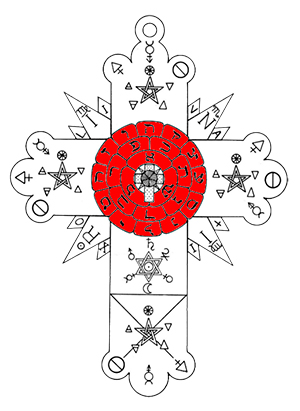How can we best understand spiritual alternativity?

This mini-seminar unpacks the dichotomy of organized and unorganized religions, sometimes called fuzzy religions. By considering different case studies in esotericism, occultism and spirituality, we see how alternativity is constructed through negative definitions (neither formative nor normative religions). What is the usefulness, if any, of the panoply of terms that define alternativity as ‘against religion’? To unpack this question, three main speakers will present their research in a roundtable format. Ioannis Gaitanidis (Chiba University) will be the keynote presenter. He will draw on data from his new book (Bloomsbury 2022) to challenge normative standards of formativeness by teasing out notions of alternativity that are discursively associated with spirituality in contemporary Japan. Next, Tim Rudbøg (CCSTE) will discuss how the study of esotericism and occultism has contributed to the revision of some key terms in the study of religions. Last, Stephen Christopher (CCBS) will present his ongoing fieldwork on a transnational esoteric movement and how it adds a wrinkle to both the debate about alternativity and the East/West dichotomy in esotericism studies.
Map of South Campus
View directions.
View on map of the Faculty of Humanities - South Campus.
View map of South Campus (pdf).
